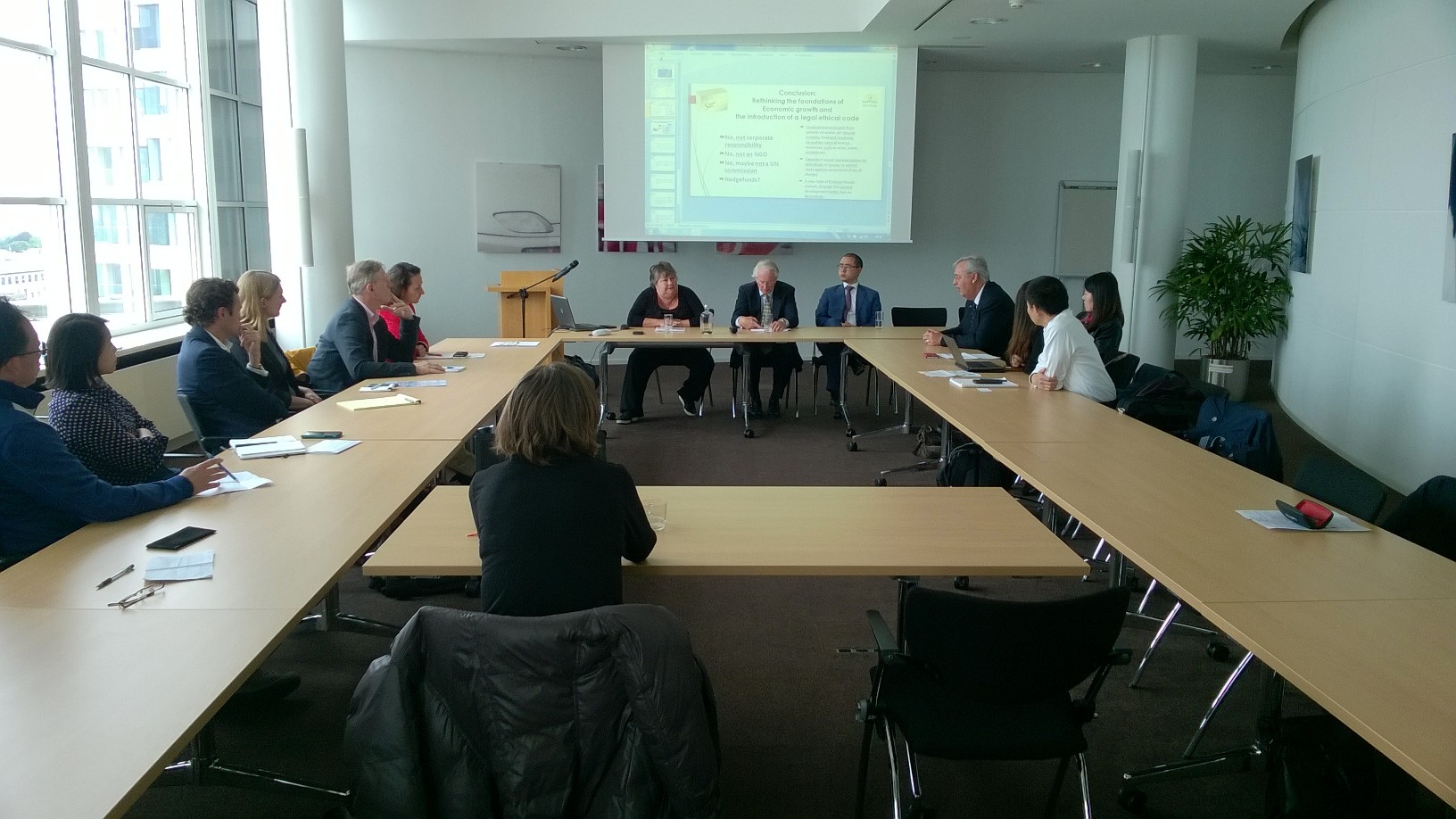Travelers in the Void between Cultures
The significance and work of cultural anthropology
with Drs. Mariska Stevens
Law and Culture
In the last 15 years I organized many seminars on culture and law systems. As a cultural anthropologist and working with lawyers in buisness situations I realized most people are unaware of the fact that laws are influenced by both culture and religion as an integral part of cultural. Laws are by definition late, as the laws concerning equal rights and emancipation of various groups in society have shown. I have been inspired always by Herald Berman, who once wrote: ''laws are to important to be left up to specialist''
Law studies are essential for cultural anthropology. Though sense of ‘’good’’ and ‘’evil’’ from a law perspective justify our sense of governance. The dynamics of a culture’s economy and the workings of a nation’s law are equally vital for the division of wealth within a nation.
In the last 50 years, major shifts have occurred in the traditional separation between theories of liberal economy and theories of planned economic enterprise and government involvement with society. These shifts have occurred as a result of some world economic crisis’s, as well as major shift in the construction of former states ( as in Europe) and state clusters (as in the former USSR).
Scandals with derivatives and disintegrating banking systems in the last ten years have shown that the great Western rule of law and persistent liberalism has failed in corporate governance. After the loss of the American gold standard and the disablement in 1977 of the Bretton Woods system as a stabilizer for currency fluctuations, hardcore speculations have wrecked the world’s economy without any moral standard or financial responsibility.
The Western rule of law virtual becomes questionable when, as figures from the world bank recently showed, corruption standards in Western countries rise and fall with the fluctuations of economic ‘’prosperity’’ (Worldbank corruption index report; 2011). No longer do we have the luxury of maintaining a splendid national isolation, blindness towards the dark side of liberalism, instead, we need to learn from historical misperceptions on the independence of law systems,
The definition of ‘’the rule of law’’ seems quite simple; it implies nobody, not any state organ is above the law; and therefore the legal system is secure an independent. Most Western countries apply this principle. The rule of law implies that judges are appointed independently from the elected government, that they rule by written laws and precedents and that they test if regulations or new laws are in line with the constitution. In theory, the legal system can impose restraints on the government
Other systems of law are called ‘’rule by law’’ which implies that the law is under the supervision of government regulations and therefore not independent of its application; “law is a tool of the state and the ruling class (Peerenboom, 2002:30).” It means that government institutions and lawyers in constitutional courts are not protected by the law. It also implies that all legal matters are brought before the tribunal, outside the courts, there is no possibility of legal mediation.
From a cross-cultural point of view, it is necessary to look at the actual context of the implication and application of laws. To know what to expect from the rule of law one could use an institutional approach, as exists in China and a precedent approach as existing in Western systems. A closer look reveals that in Western systems precedents are battled in courts as they can create claims in financial liability of persons and companies. As a result lobbies (for instance the lobby of the gun Industry, the NRA) are vital the outcome of litigations.
In the U.S.A this results in a rule of law, which seems independent at first glance, but instead, in many cases depends on upon the amount of money needed to pay high price lawyers, status networks, appeals and such, while there are obvious poorer African-American people on death row than middle-class whites.
Equally rule by law in Asian can countries suffer from private network relations and institutional and cultural distances between a central government, anti-corruption committees on the one hand and local or provincial interpretations of the law on the other hand.












